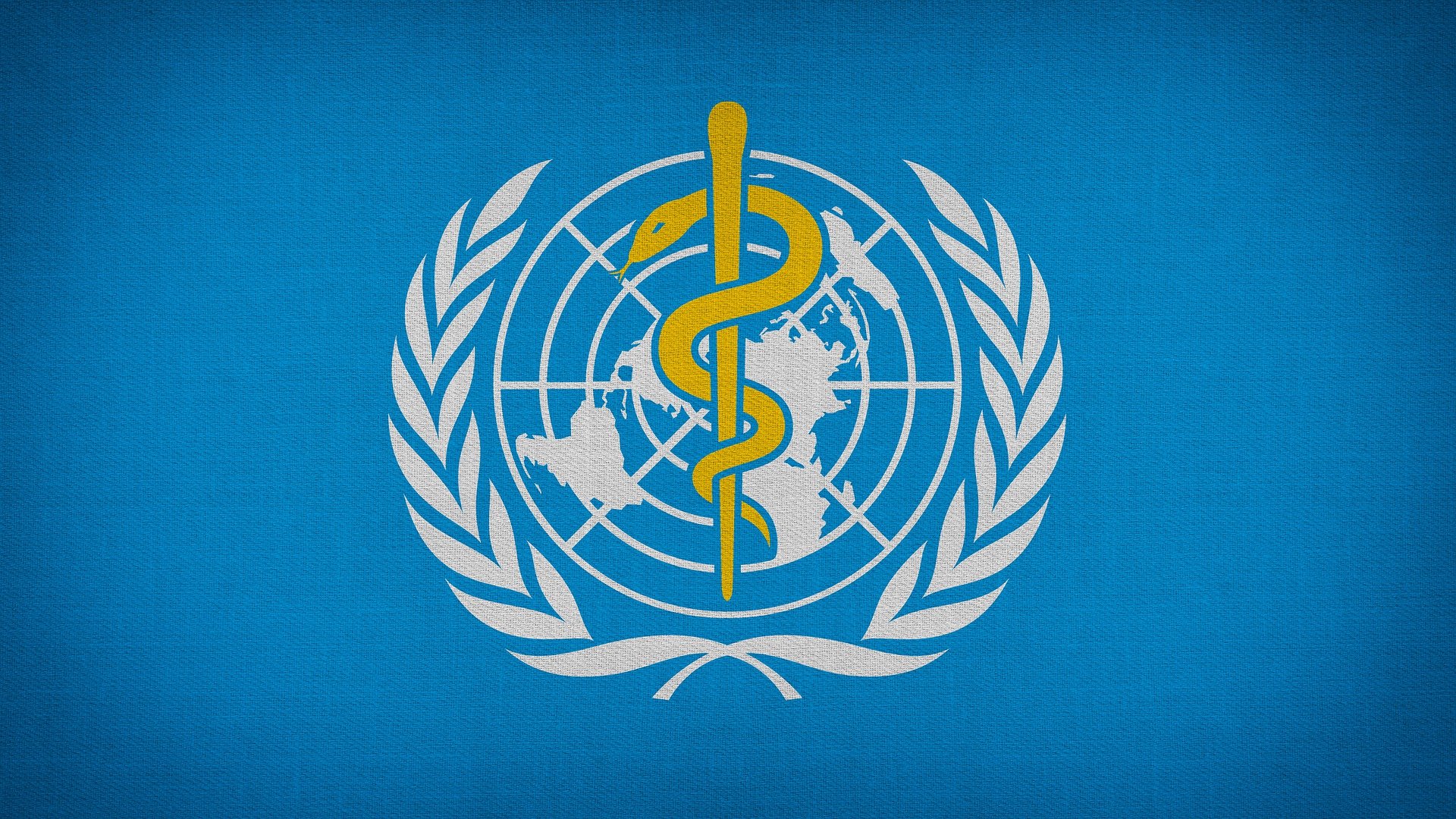WHO on the status of CBD

The World Health Organisation (WHO) has collected enough scientific evidence to declare that CBD holds no public health risks.
As of June 2018, the World Health Organisation (WHO) has collected enough scientific evidence to declare that CBD holds no public health risks nor potential abuse or dependence of the substance.
The WHO RecommendationsAfter realising its medicinal and therapeutic benefits, the Director General of the WHO has also recommended the United Nations the following:
For the whole plant and cannabis resin to be removed from Schedule IV of the Single Convention on Narcotic Drugs (1961), the most restrictive category.
For Dronabinol (delta-9-tetrahydrocannabidiol), to be added to Schedule I and removed from Schedule II of the Convention on Psychotropic Substances (1971)
For Tetrahydrocannabinol (Isomers of delta-9-tetrahydrocannabinol) to be added to Schedule I of the Single Convention on Narcotic Drugs (1961) and deleted from Schedule I of the Convention on Psychotropic Substances (1971), the most restrictive category in this convention.
For extracts and tinctures to be deleted from Schedule I of the Single Convention on Narcotic Drugs (1961).
To give effect to the recommendations of the 40th meeting of the Expert Committee on Drug Dependence (ECDD) in June 2018 and for compounded pharmaceutical preparations containing less than 0.2% of THC to be placed in Schedule III of the Single Convention on Narcotic Drugs (1961).
The WHO has taken great strides in order to provide a greater reputation for cannabis as a medicinal substance.
If these recommendations are adopted, it would present a formal recognition that the perceptions of cannabis in the political eye has been wrong for decades, as it encompasses significant medical benefits.
After realising its medicinal and therapeutic benefits, the Director General of the WHO has also recommended the United Nations the following:
For the whole plant and cannabis resin to be removed from Schedule IV of the Single Convention on Narcotic Drugs (1961), the most restrictive category.
For Dronabinol (delta-9-tetrahydrocannabidiol), to be added to Schedule I and removed from Schedule II of the Convention on Psychotropic Substances (1971)
For Tetrahydrocannabinol (Isomers of delta-9-tetrahydrocannabinol) to be added to Schedule I of the Single Convention on Narcotic Drugs (1961) and deleted from Schedule I of the Convention on Psychotropic Substances (1971), the most restrictive category in this convention.
For extracts and tinctures to be deleted from Schedule I of the Single Convention on Narcotic Drugs (1961).
To give effect to the recommendations of the 40th meeting of the Expert Committee on Drug Dependence (ECDD) in June 2018 and for compounded pharmaceutical preparations containing less than 0.2% of THC to be placed in Schedule III of the Single Convention on Narcotic Drugs (1961).
The WHO has taken great strides in order to provide a greater reputation for cannabis as a medicinal substance.
If these recommendations are adopted, it would present a formal recognition that the perceptions of cannabis in the political eye has been wrong for decades, as it encompasses significant medical benefits.
